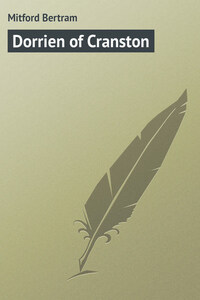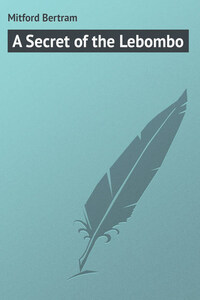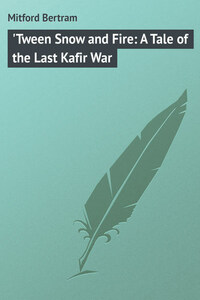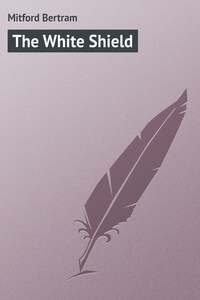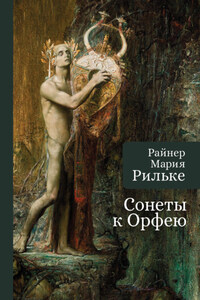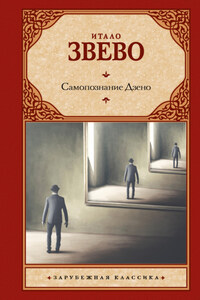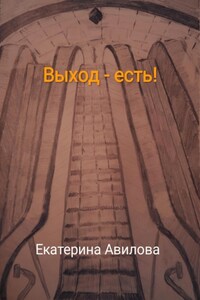Chapter One.
Concerning Certain Dorriens
General Dorrien sits at the breakfast table in the cheerful dining-room at Cranston Hall, with a frown upon his face and an open letter in his hand.
He is a handsome man, with severe, regular features; a man of whom his dependents would certainly stand in awe, and his family would fear more than love. There is sternness in the glance of his keen eyes, in the cut of the closely-trimmed grey moustache and whisker, and in every movement of the erect military figure. A man of iron will, not to be turned aside from his own hard and fast rule of right and wrong by any consideration – what chance had the foibles and follies of youth with one of this mould? And there he sits, motionless, gazing upon the open letter, the frown deepening upon his brow.
The letter bears an American postmark and is from his eldest son, whom he has not seen for eight years. It is business-like in the terse brevity of its wording, for it merely, and as a matter of duty, announces the writer’s intended return to England, tidings one would think that should gladden a father’s heart.
But in this case not so. Roland Dorrien and his father had parted in bitter anger. Faults on both sides, of course. The former wild, reckless and imprudent, as youth too strictly and needlessly restrained is almost sure to prove; the latter merciless and unbending. Resentful feelings and hot, hasty temper, met by additional severity and cold scorn – thus they had parted, and save two or three curt communications on money matters had held no intercourse since. And the son, sharing largely in the paternal force of will, has made no attempt at apology or conciliation during his exile; and now he is coming home.
So the General’s reflections are not of a comforting nature. He has not softened during these years. Never was he known to give way; all must yield to him. The exile has not done this; therefore Time, rather than heal the paternal anger, has only consolidated it.
Roland is not his first-born. There was another, a fine cavalry soldier, who had already begun to distinguish himself in his father’s profession, and him the General had loved as the apple of his eye. But one day news of a terrible Alpine fatality arrived at Cranston Hall. An Englishman and his two guides – both incompetent – had been lost on the Lauteraar glacier. They were seen by another party not very far behind them on that dangerous pass suddenly to disappear – and upon these arriving at the spot, a fresh rift in the brink of a black, bottomless crevasse showed that the edge had given way beneath the doomed trio who had approached it regardless of proper precaution. There yawned the horrible fissure, its glassy blue sides falling perpendicular into unknown depths, and revealing the barest possible traces of the catastrophe to the horror-stricken witnesses. The Englishman who had thus found a nameless grave in the most stupendous of Nature’s vaults was Vernon Dorrien, the General’s eldest son, and the light of the old soldier’s life seemed thenceforth to be buried there also.
Roland was now the heir and would reign in his dead brother’s place. Not of legal right though, for the entail ended with the present Squire, who had it in his power to will Cranston as he chose. But the General had his own stern ideas of right. The Dorriens had always held Cranston from father to son, or, failing male issue, from brother to brother, and in spite of his aversion to his eldest surviving son the latter would succeed him in the ancestral domain. Right and justice would not allow Roland to be disinherited, but that he should fill his dead brother’s place was very unpalatable to General Dorrien.
And now he sits with the letter in his hand gazing meditatively out upon the sunlit lawn and the noble elms in the park, and on the wooded hollows beneath the brown heather-clad uplands; and his soul is filled with bitterness as he thinks of the man who was to have owned all this fair domain now lying cold and stiff in his vast and icy tomb. The cawing of rooks floats in through the half-open window, and the flower-beds are stirred by a cool, soft breath from yon patch of amethyst sea just glimpsed through a dip in the downs away there to the right.
The window shuts with an angry slam, the result of the sudden opening of a door. He looks up quickly as a lady enters – an elderly lady with a strong-minded face. She must have been very handsome in her youth – she is handsome yet, though her dark hair is only just beginning to turn grey, and her large eyes are clear and lustrous still; but the firm moulding of mouth and chin seems to show that her will is nearly, if not quite, as determined as that of her husband. She takes her place opposite to him at the table.
“I have a letter here” – he begins – “from Roland.”
“Yes? And what does he say?” Her tone betrays scant interest in the subject, and she busies herself with the urn.
“Very little that he ought to say – very little indeed. Why, madam, you have taught your children the Fifth Commandment to small purpose.” And he hands her the letter with a bitter smile.
